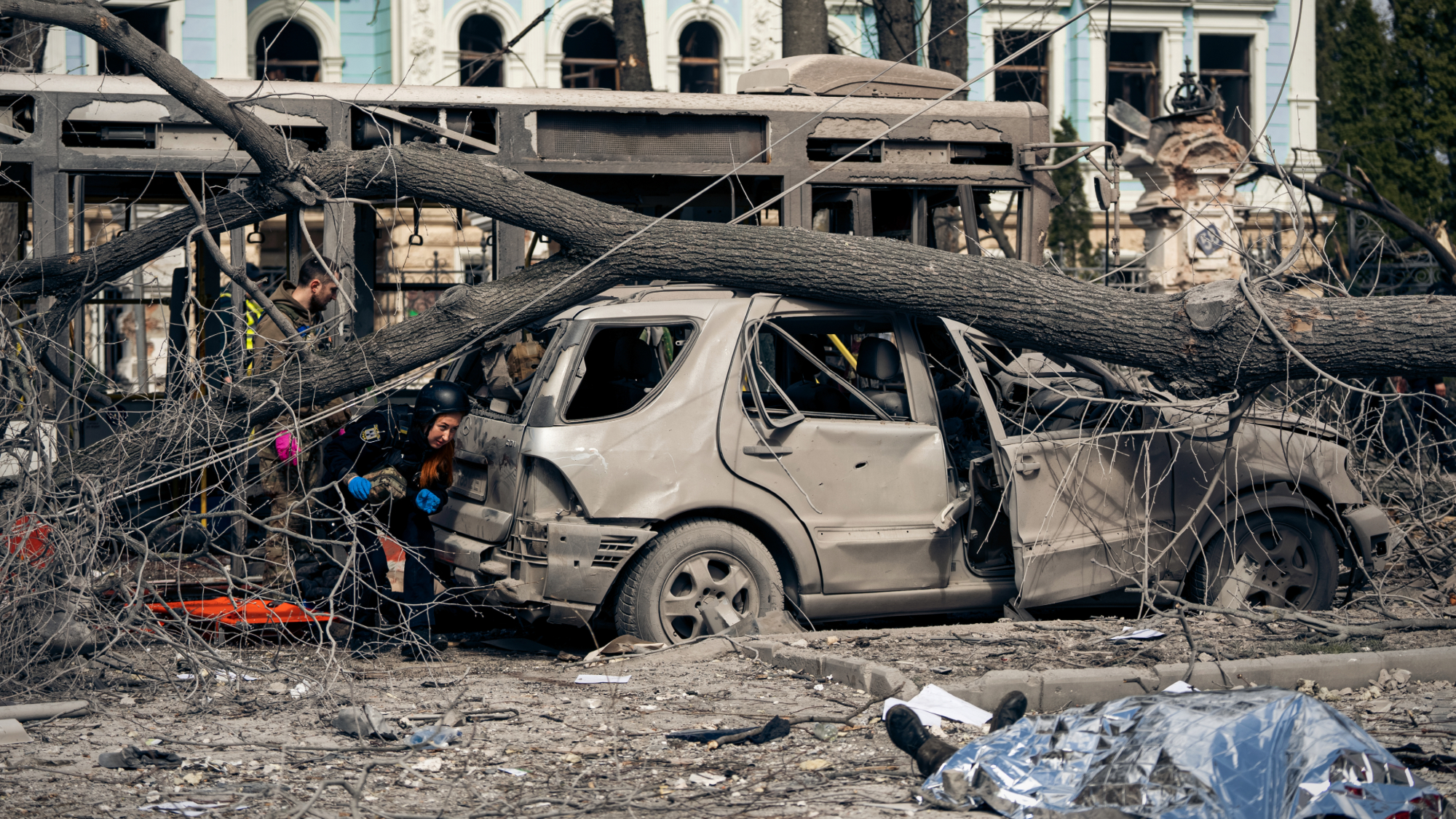Environmentalists have criticised Slovakia's plans to cull around a quarter of the country's brown bears following the latest in a string of fatal attacks. The remains of a 59-year-old man were found in the town of Detva in central Slovakia, where he had gone missing while walking in the woods. Slovak authorities said he had suffered "devastating" head injuries and his wounds were "consistent" with a bear attack, reported the BBC. Local groups also said there was evidence of a bear's den nearby.
There are an estimated 20,000 brown bears now living in Europe following successful rewilding measures, around 1,300 of them in Slovakia's forests, where experts say the population remains "more or less stable". Approving the cull, Environment Minister Tomáš Taraba said bear attacks had been on the rise, reaching 1,900 last year, and that 800 was a "sufficient number" for the country. Prime Minister Robert Fico also defended the decision, saying Slovakia couldn't become a country "where humans will become food for bears".
'Hysterical reaction'
Recent victims of bear attacks include a 31-year-old woman who died after falling into a ravine while being chased by a bear, as well as five people who were hurt when a bear ran through the town of Liptovsky Mikolas, "bounding past cars," said the BBC. Officials later claimed to have hunted down and killed the animal, although conservationists claimed they had shot a different bear. Following the announcement, conservationists from WWF told Central Europe news network TVP World that a cull was a "hysterical reaction" and measures to reduce the number of attacks would be more appropriate. The group also said it had been "scientifically proven" that shooting the animals did not reduce the number of "bear-human encounters". A cull could violate Slovakia's international obligations, too, added Germany's Deutsche Welle (DW). Under EU directives, only "problem bears" that damage property or attack people can be culled and even then, there has to be "no other solution". Slovakian journalists have claimed there was "cause to believe" that hunters in 2024 may have killed bears that had not attacked people. Opposition party, the Christian Democrats, criticised the plans as "excessive", added TVP World, and called for local solutions focussed on preventing attacks in the first place.'Political points'
Slovakia's bear population has become a "political issue", said the BBC. Indeed, said Politico, the attacks were a "vote-winner" for Taraba and his Slovak National Party in the 2023 elections, who blamed them on EU regulations. After the death of the woman in the ravine, Taraba claimed to know "immediately" who was to blame, said the site: "the bloodless bureaucrats in Brussels". EU officials had shown they were "absolutely not interested in the lives of our people and the lives of our children" by refusing to end the bears' protected status, Taraba wrote on Facebook. Since coming to power, Taraba has carried out an "extraordinary purge" of Slovakia's environmental officials, "replacing experts with hunters, scientists with forestry executives, and bureaucrats with party hacks". Speaking to the site, the politician said the "political elite" did not understand the fears of people living next to bears. Taraba is not alone in attacking EU environmental regulations. Across the continent, "far-right parties" have added green issues to their "traditional tub-thumping grievances", such as immigration.Popular News




Current News
Manufacturing

Collaboratively administrate empowered markets via plug-and-play networks. Dynamically procrastinate B2C users after installed base benefits. Dramatically visualize customer directed convergence without
Collaboratively administrate empowered markets via plug-and-play networks. Dynamically procrastinate B2C users after installed base benefits. Dramatically visualize customer directed convergence without revolutionary ROI.





About Us
Tech Photos























